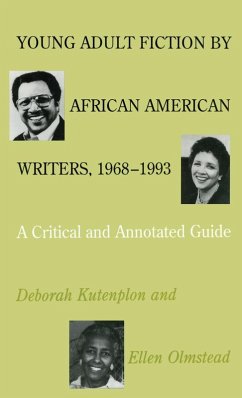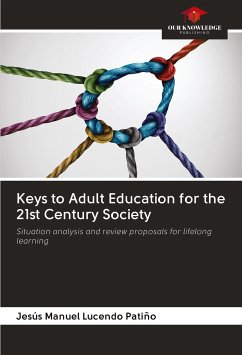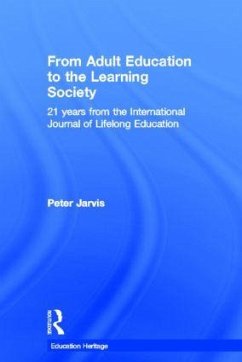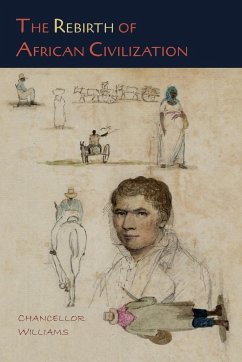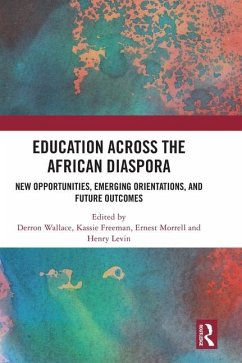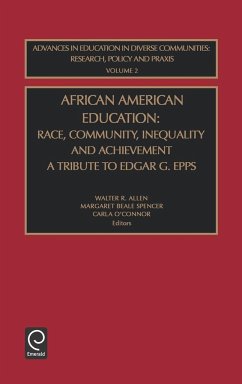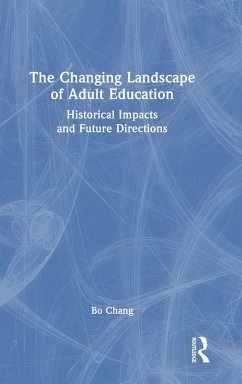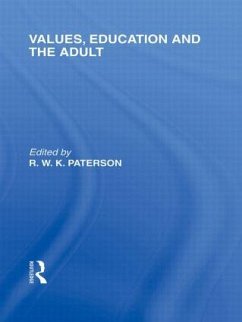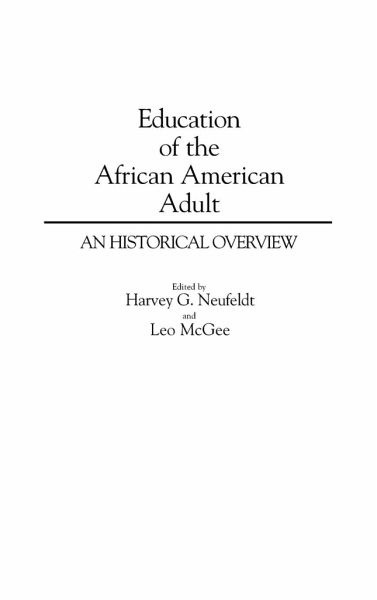
Education of the African American Adult
An Historical Overview
Versandkostenfrei!
Versandfertig in 1-2 Wochen
88,99 €
inkl. MwSt.

PAYBACK Punkte
44 °P sammeln!
Education has been highly valued in the African American community. Despite the fact that adult education in particular looms large in the history of African American education, little mention is made of it in most standard histories of American or adult education. Part I highlights adult education efforts in antebellum society. L. H. Whiteaker focuses on the education of those slaves trained as skilled craftsmen and those who taught themselves to read and write. Elizabeth L. Ihle describes the efforts of nineteenth-century African Americans to improve their education. The Civil War and Recons...
Education has been highly valued in the African American community. Despite the fact that adult education in particular looms large in the history of African American education, little mention is made of it in most standard histories of American or adult education. Part I highlights adult education efforts in antebellum society. L. H. Whiteaker focuses on the education of those slaves trained as skilled craftsmen and those who taught themselves to read and write. Elizabeth L. Ihle describes the efforts of nineteenth-century African Americans to improve their education. The Civil War and Reconstruction periods witnessed a flurry of educational activities within the African American community, as demonstrated by the chapters in part II. Bobby L. Lovett describes the heightened educational efforts during the Civil War years; Ronald E. Butchart analyzes conflicting goals in black adult education as he examines five institutions and a distinctive curriculum that evolved during the 1860s. Part III focuses on institutional, governmental, and voluntary association efforts in black adult education since the 1890s. Felix James describes the activities of Booker T. Washington and George Washington Carver. Michael Fultz highlights the emphasis of the Negro periodical press on service, education, social uplift, justice, and morality. V. P. Franklin, Lillian S. Williams, and Cynthia Neverdon-Morton focus on adult education activities of and programs initiated by governmental and black fraternal, religious, and voluntary associations during the early twentieth century. Literacy education, an important component of black adult education, is the subject of two essays by James E. Akenson and Harvey G. Neufeldt and by Sandra B. Oldendorf. Governmental programs for adult education are analyzed in the final two essays by Nancy L. Grant and Edwin Hamilton. The story of black adult education is a remarkable tale of a minority community confronting the issue of race. This volume would be a helpful resource for those interested in education, American history, African American studies, and sociology. further interest and research on this topic.





